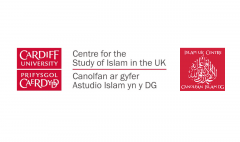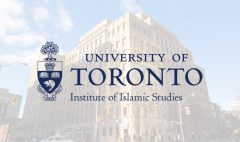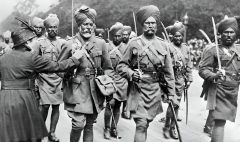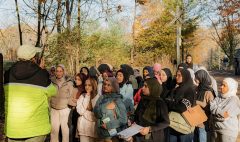Religious Freedom Project
July 15, 2017 2023-08-16 20:07Religious Freedom Project
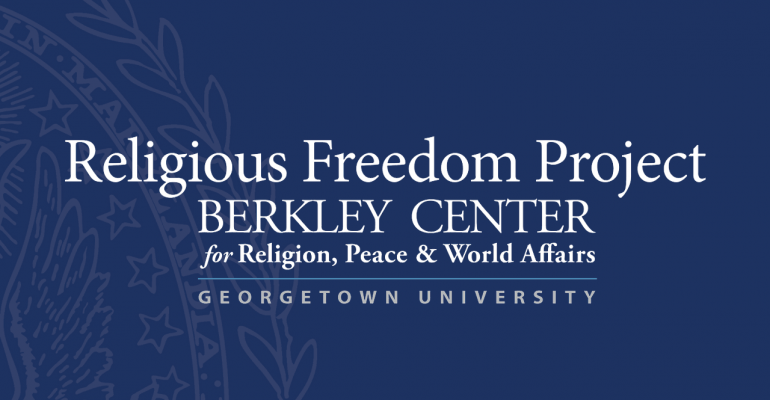
Religious Freedom Project
Berkley Center for Religion, Peace & World Affairs
In the West, the historic consensus over the meaning and value of religious freedom seems to be breaking down. This problem has particular salience in America. We have always thought of religious freedom as “the first freedom” of our constitutional settlement, and as such, it has served us well in many ways—political, economic, intellectual, and religious. Religious freedom has also served America as a barrier to division. Grounded in complete equality under the law for all individuals and religious traditions, our First Amendment guarantee of free exercise has ensured that all have a voice in this country. No one can be excluded from our public life on the basis of religion.
The Religious Freedom Research Project (RFRP) at Georgetown’s Berkley Center is engaging this question through scholarship and policy.
Between 2011 and 2016 the Religious Freedom Project (RFP) served as the nation’s only university-based program devoted exclusively to the analysis of religious freedom, a basic human right restricted in many parts of the world.
In 2017 the RFP gave rise to two successor organizations: the Religious Freedom Research Project (RFRP), based at the Berkley Center, and the Religious Freedom Institute, an independent NGO.
Over the course of those six years the RFP engaged a team of international scholars to examine and debate the meaning and value of religious liberty; its importance for democracy; and its role in social and economic development, international diplomacy, and the struggle against violent religious extremism. The project was made possible by the generous support of the John Templeton Foundation, the Bradley Foundation, the William E. Simon Foundation, the Catholic Foundation of Northern Colorado, as well as a partnership with Baylor University’s Institute for Studies of Religion.
Over the past months the RFRP has generated vigorous, civil, and fruitful debate over the extent to which religious freedom is a social good, and whether it can ameliorate some of the problems that we face—from violent religious extremism and discord abroad, to the value of religious freedom at home.
– How do religious communities and faith-based organizations ease tensions in Baltimore streets?
– How can religious freedom lead to U.S. national security?
– How does lowering government restrictions on speech considered blasphemous increase social peace and foster economic growth?
In gatherings large and small, we invited leading scholars, religious figures, and practitioners to wrestle with these ideas. And we approached them from a variety of perspectives, funding and publishing new research on Hinduism, Christianity, and Islam.
Learn more about our past research themes below.
- Christianity & Freedom: Historical and Contemporary Perspectives
- Historical Origins of Religious Freedom
- Religion as Intrinsic to Human Experience
- Religious Freedom and Economic, Social, and Political Development
- Religious Freedom and the Struggle against Extremism
- Religious Freedom in the United States and Europe
- Religious Liberty, Economic Freedom, and Development
Religious Freedom and the Common Good
The Religious Freedom Project marked six years of prolific research by organizing a symposium on religious freedom’s enduring impact on the global common good. Themes of the symposium were “Religion, Violence, and Peace” and “Religious Freedom”. The project’s 13 associate scholars showcased their latest research, and Senator Ben Sasse delivered a keynote address.
More information at: https://berkleycenter.georgetown.edu/rfp


